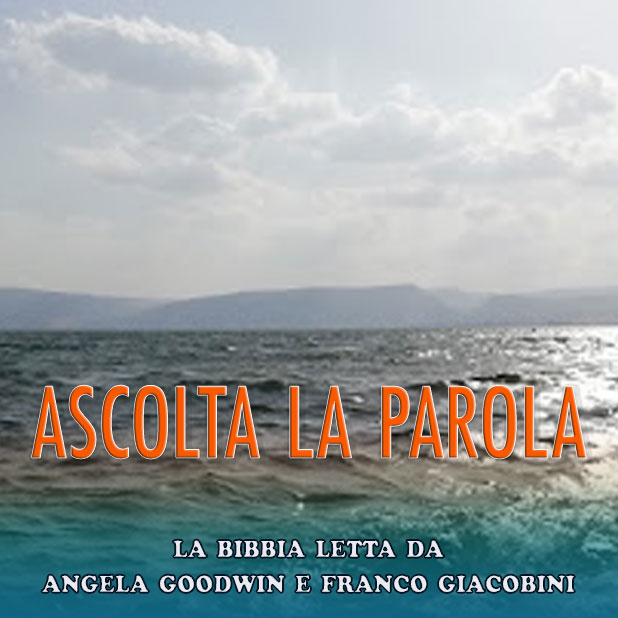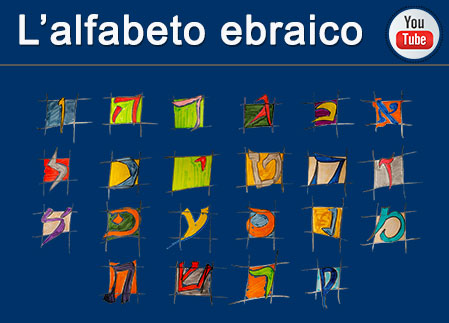Comité de liaison international catholique-juif
Città del Vaticano 26/03/1998
Across the world people are becoming increasingly aware that certain forms of human activity are leading to environmental damage and seriously limiting the possibility of a sustainable development for all. Climate change, air and water pollution, desertification, resource depletion, and loss of biodiversity are among the consequences. While many have contributed to this damage, all must learn to live in a way which respects the integrity of the delicate balance that exists among the earth's ecosystems. Nor can we ignore the relation between the effect on the environment of population increase in certain areas and of heightened economic expectation among peoples.Governments, commerce, industry, and agriculture must also collaborate if individuals and communities are to be able to exercise their right to live in a sound and healthy environment.
Concern for the environment has led both Catholics and Jews to reflect on the concrete implications of their belief in God, Creator of all things. In turning to their sacred scriptures, both have found the religious and moral foundations for their obligation to care for the environment. While they may differ in interpretations of some texts or in their methodological approaches, Jews and Catholics have found such broad agreement on certain fundamental values that they are able to affirm them together.
1. All of creation is good and forms a harmonious whole, rich in diversity (Genesis1-2)
God created everything that exists, each according to its kind. "And God saw that it was good." Nothing, therefore, is insignificant; nothing should be recklessly destroyed as if devoid of purpose. Modification of species by genetic engineering must be approached with great caution. Everything is to be treated with reverence, as part of a whole willed by God to be in harmony. It was a willful act of disobedience that first broke this harmony (Genesis 3:14-19).
2. The human person - male and female - is part of creation and yet distinguished from it, being made in the image and likeness of God. (Genesis 1:26)
The respect due to each person, endowed with a God-given dignity, allows for no exception and excludes no ones. Life is precious. We are to affirm it, to promote it, to care for and cherish it. When harm is done to the environment, the lives of both individuals and communities are profoundly affected. Any social, economic, or political activity that directly or indirectly destroys life or diminishes the possibility for people to live in dignity is counter to God's will.
3. The human person, alone of all creation, has been entrusted with the care of creation. (Genesis 1:26-30; 2:15-20)
The human person has an immense responsibility, that of caring for all of creation. No person or group can use the resources of this earth as proprietor, but only as God's steward who destined these goods for all. Assuring that individuals and communities have access to what is necessary to sustain life in dignity is an expression of this stewardship, as is a reverent and moderate use of created goods.
4. Land and the people depend on each other. (Leviticus 25; Exodus 23; Deuteronomy 15)
We all depend on the land, source of our sustenance. While human activity renders the land productive, it can also exhaust it, leaving only desolation. In the Jubilee Year, a time for God, liberty is to be proclaimed throughout the land, debts forgiven, and slaves freed. Also the land is to lie fallow so that it, too, can be restored.
A recognition of the mutual dependence between the land and the human person calls us today to have a caring, even loving, attitude towards the land and to regulate its use with justice, the root of peace.
5. Both Jews and Catholics look to the future, a time of fulfillment
Our responsibility for all that dwells in the earth and for the earth itself extends into the future. The earth is not ours to destroy (cf. Dt 20:19), but to hand on in trust to future generations. We cannot, therefore, recklessly consume its resources to satisfy needs that are artificially created and sustained by a society that tends to live only for the present. We also need to act, together whenever feasible, to assure that sound practices, guaranteed by law, are established in our countries and local communities for the future preservation of the environment.
Care for creation is also a religious act. Both Catholics and Jews use water, fire, oil, and salt as signs of God's presence among us. As part of God's creation, we offer its fruits in prayer and worship, and the Psalmist does not hesitate to summon all of creation to join in praising God (Psalms 96,98,148).
Respect for God's creation, of which we are a part, must become a way of life. We therefore call upon our respective religious communities and families to educate children, both by teaching and example, to fulfill the trust that God has confided to us.
The earth is the Lord's and the fullness thereof;
the world and those who dwell therein (Ps 24:1)
555 visualizzazioni.
Inserito 01/01/1970
Relazioni Ebraico-Cristiane
Ultime novità nel sito
- 19/04/2020: Articolo - L’enigma della Maddalena
- 23/02/2020: Articolo - Il locus amoenus nelle catacombe ebraiche e cristiane di Roma
- 16/02/2020: Articolo - Il profetismo nel Vicino Oriente antico
- 13/02/2020: Articolo - I Profeti della Cappella Sistina
- 09/02/2020: Articolo - Gerusalemme e la Terra Santa di Israele


